WHAT IS BRAND ACTIVISM?
by Charles
Posted on 06-01-2021 05:59 PM
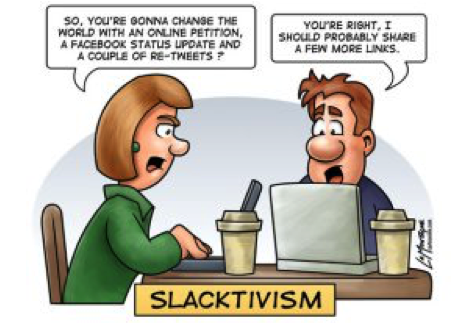
Contributed by brandon haydon, lcsw
before the decision to enter social work, i was an activist engaged in a number of social movements, such as lgbtq rights, anti-racism, and radical economic justice. Throughout my msw program and my first years as a professional, i have dealt a lot with an overarching conundrum elucidated by the following questions about social work activism: what of those moments when my activist prerogative seems to me to conflict with a social work imperative?.
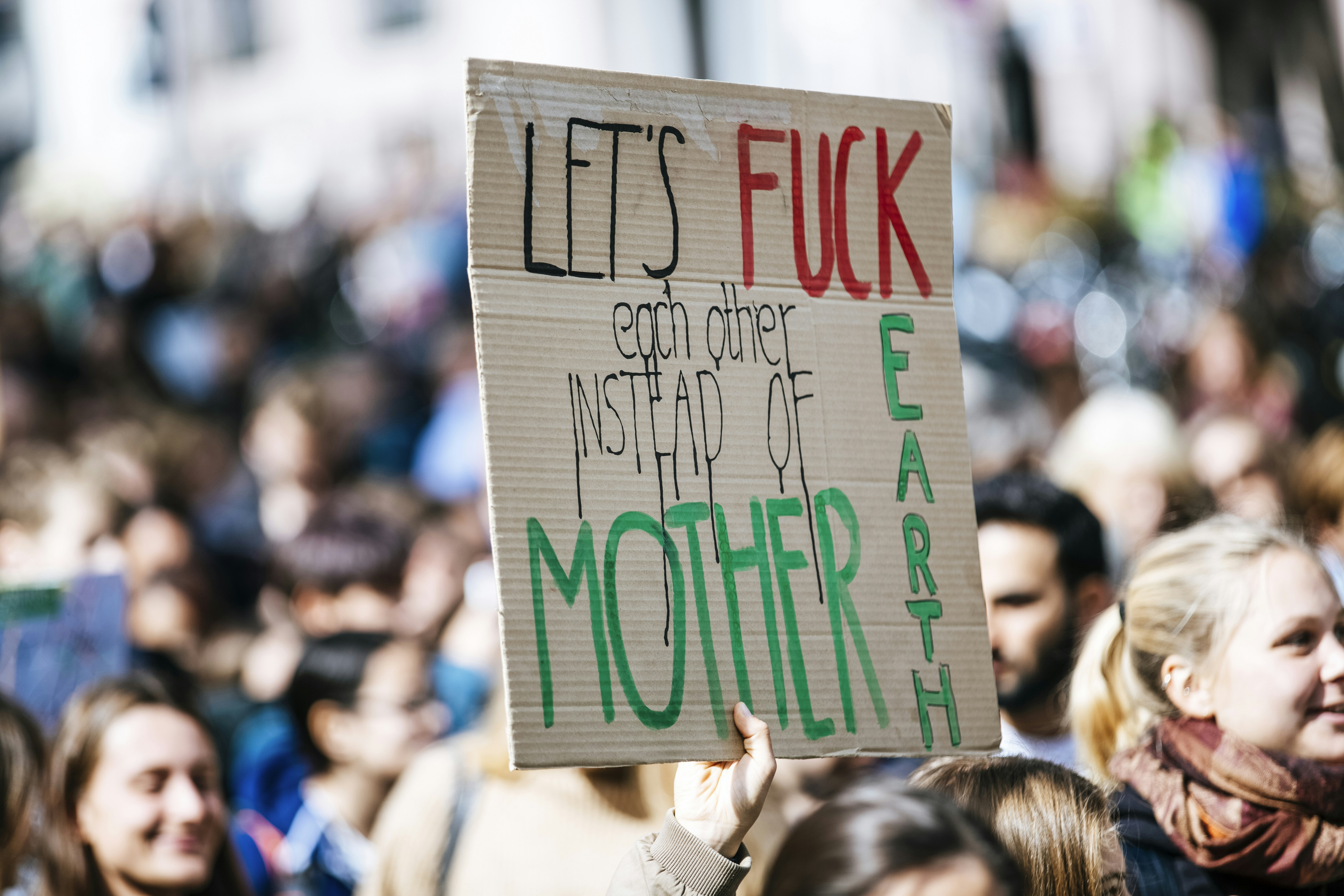
Internet Activism? Let’s Look at the Specifics
5. Define unconventional activism and its aims, and provide historical examples. 6. Describe americans’ attitudes toward unconventional activism. 7. Discuss how the internet has impacted citizen participation in the political process.
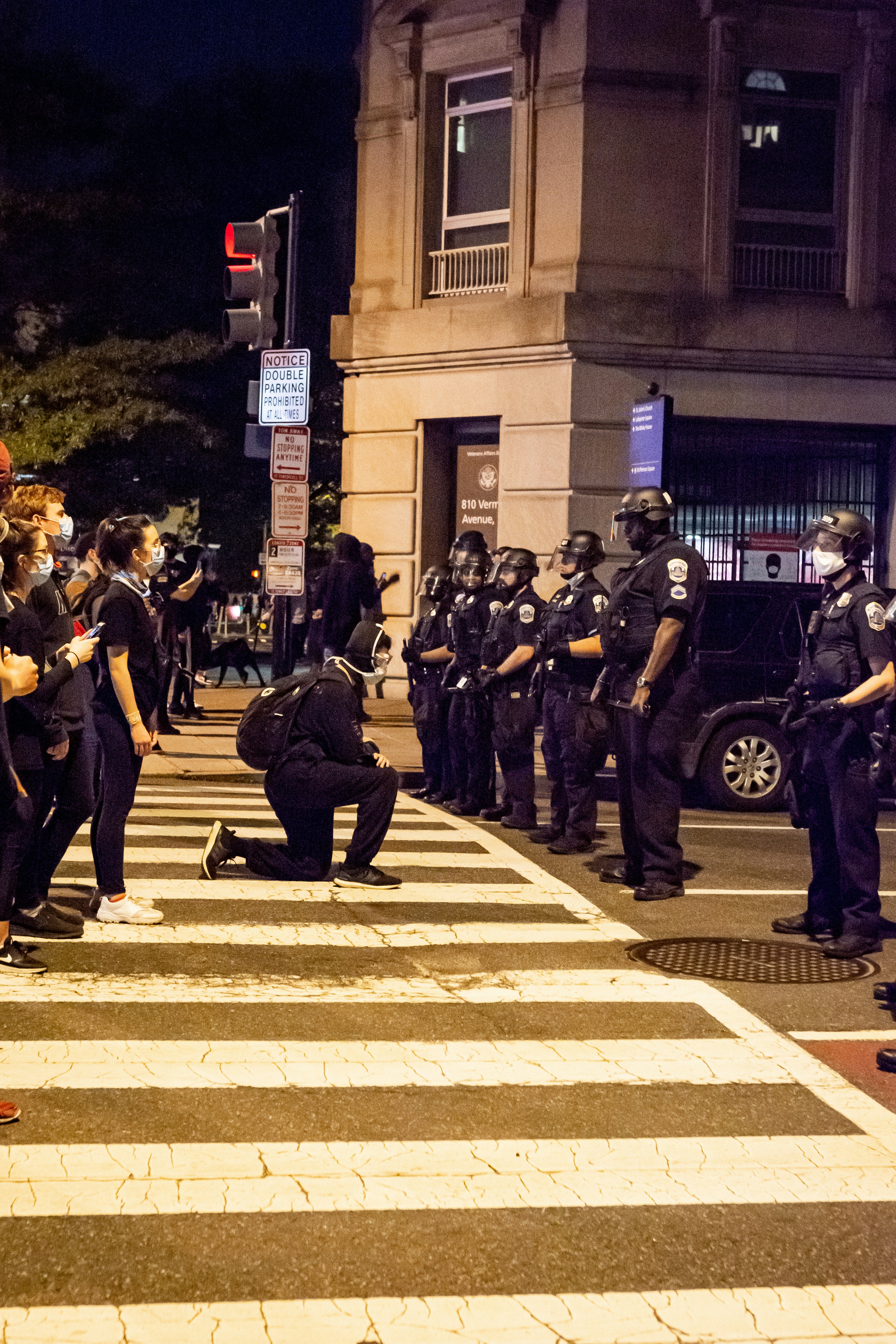
Are There Famous People With Dissociative Identity Disorder?
Making the diagnosis of dissociative identity disorder takes time. It's estimated that individuals with dissociative disorders have spent seven years in the mental health system prior to accurate diagnosis. This is common, because the list of symptoms that cause a person with a dissociative disorder to seek treatment is very similar to those of many other psychiatric diagnoses. In fact, many people who have dissociative disorders also have coexisting diagnoses of borderline or other personality disorders, depression , and anxiety.

List of Famous Social Activists
Reference
103. 8k views453 items
list of famous social activists, with photos, bios, and other information. Who are the top social humanity activist mug mug humanity activist mug political activist s in the world? this includes the most prominent social activists, living and dead, both in america and abroad. This list of notable social revolutionary activist mug activist mug activist philanthropist political mug s is ordered by their level of prominence,, and you can sort the info by column.
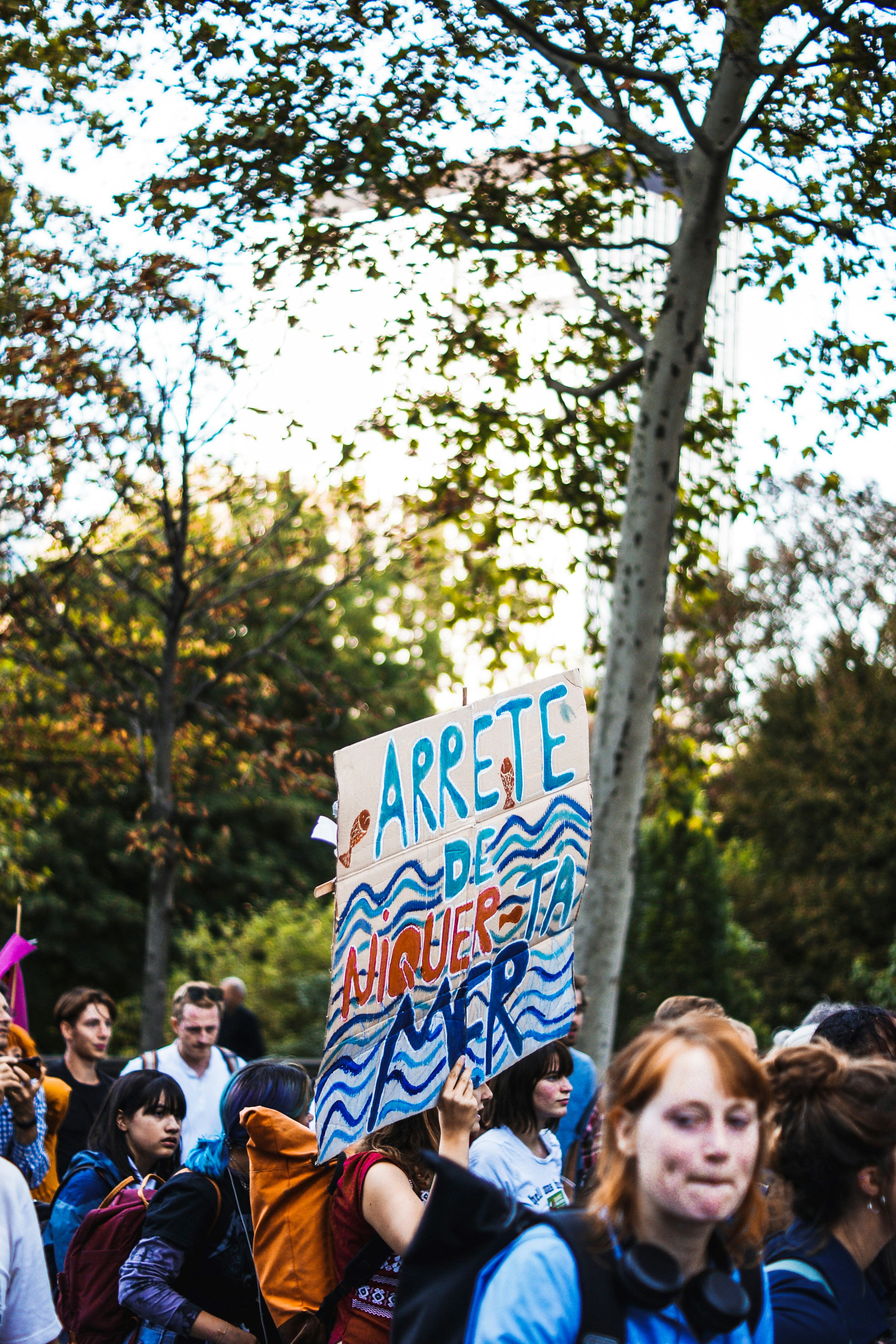
People In This Group
A medical doctor specialised in disabilities, amte-karajgi was the chief executive officer and board member of one of india’s leading non-profit groups, maharogi sewa samiti, warora.
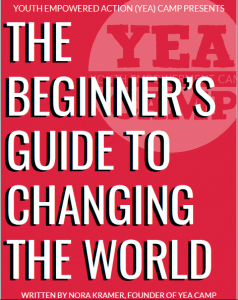 The samiti, founded by baba amte, has created livelihood opportunities for several marginalised people, especially for those afflicted with leprosy, orthopedically handicapped, vision and hearing-impaired individuals and tribal populace since 1949.
The samiti, founded by baba amte, has created livelihood opportunities for several marginalised people, especially for those afflicted with leprosy, orthopedically handicapped, vision and hearing-impaired individuals and tribal populace since 1949.
There are a number of ways americans can be politically active on social media. This survey asked about five specific actions people may take on these sites and finds that some activities are more common than others. In the past year, 34% of americans have taken part in a group on social media that shares an interest in an issue or cause, while a similar share (32%) says they have encouraged others to take action on an issue that is important to them. Smaller shares have used these platforms recently to find information about rallies or protests happening in their area, change their profile picture to show their support for a cause, or use hashtags related to a political or social issue. Taken together, 53% of u. S. Adults have engaged in at least one of these activities on social media in the last year.
PEOPLE KNOWN FOR: activism
While young people today are movers and shakers, reformers and influencers, seeking voice and empowerment through protest and organization, our activism is largely restricted to political and social spheres. We will boycott products from a company that exploits labor, hold signs and march in the streets for the rights of immigrants, but we generally do not seek to reform the religious institutions of which we are a part.
Career Options in Social Activism
Born into a prominent wilmington, delaware, family, bissell began what became a career in social activism in the 1880s, when she was in her early 20s. Industrial expansion and urban growth were then reshaping wilmington, with harmful effects for many working-class americans. When a pond used for swimming and ice skating in wilmington’s forty acres neighborhood was destroyed to build a railroad, bissell and other members of her church became concerned about the lack of recreational opportunities and, as she saw it, the disruptive behavior of neighborhood boys that would follow. Bissell led fellow church members in establishing an athletic club to benefit and discipline the young working-class men. Opened in 1883, the west end athletic club changed over time to become a place where middle-class reformers, especially women, sought to meet the needs of under-resourced local residents. Bissell and her colleagues brought many of the era’s social experiments, including a kindergarten, a playground, and a well-baby clinic, to the settlement house. For decades, bissell led the institution, particularly in her role as a formidable fundraiser.
Five famous social activists in India you should know about
Indian women have always been an epitome of beauty, strength, and intelligence. Today, the success of indian women across various walks of life has proven that they have earned this reputation very deservingly. If you look deeper you will realise that one of the major contributors to the indian society have been the active participation of some very focussed and dedicated women. The women activists have played a significant role in changing many social evils and have been a shining beacon of hope. Some of them have displayed exemplary devotion in their respective fields. Here are 10 indian women who clearly deserve a standing ovation:.
About social activist Sunitha Krishnan
Sunitha krishnan is another renowned indian social activist who is known for her fight against human trafficking and commercial sexual exploitation. Krishnan, who herself is a survivor of sexual violence, is the chief functionary and co-founder of prajwala, an ngo that works for rescuing, rehabilitating, and reintegrating sex-trafficked victims into society. She was also honored with the prestigious padma shri award in 2016.
23. IR Magazine | Activism
Black lives matter the blm platform includes a number of issues pertaining to gender and sexuality, among other principles. Young feminist wire this online platform was created in march 2010 by the young feminist activism (yfa) program at the association for women’s rights in development (awid). The young feminist wire is an online community for and by young feminists working on women’s human rights, gender equality and social justice around the world.
Social activism is about much more than disobedience and disruption. There are many effective ways that individuals can help to influence the political landscape and shape public policy — and social workers are uniquely positioned to do it. Here, we examine why it is important for social workers to get involved, what are various opportunities for doing so, and how engaging in social activism supports the 12 grand challenges for social work.
Search
Categories
- 2020
- Valentine's Day
- Priest
- Sunday
- St Patrick's Day
- Fat Tuesday
- Easter Day
- College
- College Graduation
- Wedding
- Teacher's Day
- Historical
- Graduate
- Gladiator
- Election
- December
- Black Lives Matter
- Anniversary
- Anti Trump
- 4th of July
- Activist
- Bridal Shower
- Housewarming
- Happy Quarantined
- Happy Father's Day
- Graduation
- Happy Earth Day
- Baby Shower
- Horse Racing
- Halloween Couple
- Graduation College
- Friday
- Father's Day
- Buffy Slay Day
- Birthday Number
- Award
- Wednesday Wisdom
- Valentine
- Tuesday
- National Oreo Day
- Happy Mother's Day
- Friday Eve
- Christmas
- Chinese Lunar
- Halloween
- Easter
- 4th July
- Mother's Day
- Bridesmaid
- Birthday